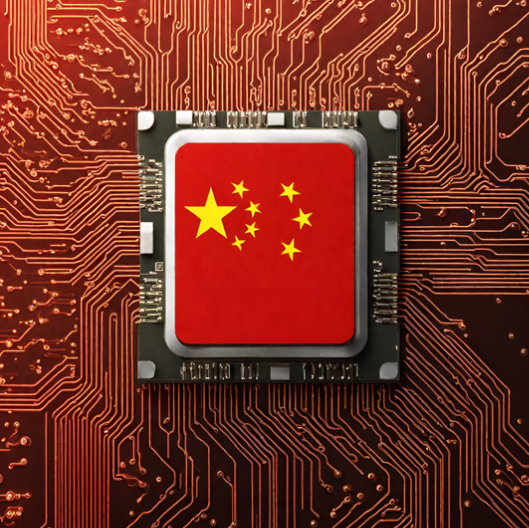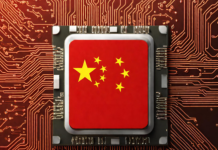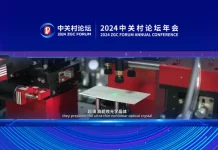One of China‘s biggest companies, Alibaba Group Holding, has halted its plans to fully spin off its cloud computing division. This move came alongside the announcement of a 9% revenue increase for the September quarter, marking a big moment for the Chinese e-commerce titan under its fresh leadership.
Alibaba seems to be considering strict US export restrictions on Advanced computing chips
Alibaba’s decision to keep its Cloud Intelligence Group intact highlights the challenges posed by the global tech landscape, particularly the heightened US export restrictions on advanced computing chips. This development highlights the complex interplay between business strategies and geopolitical dynamics.

Interestingly, Alibaba also decided to pause the listing of its supermarket chain Freshippo. This move suggests a cautious approach, prioritizing the assessment of market conditions and aiming to maximize shareholder value.
In a positive turn for shareholders, Alibaba will issue its first-ever annual dividends, amounting to approximately US$2.5 billion. This gesture could be seen as a confidence-building measure amidst the broader changes and challenges.
The company’s revenue, totaling 224.79 billion yuan (US$30.8 billion), aligns with market expectations but reflects a slower growth rate compared to previous quarters. This slowdown could be indicative of the broader economic challenges faced by China, as well as the global economy.
Under the leadership of CEO Eddie Wu Yongming, Alibaba is emphasizing a strategic reorganization. This includes a focus on artificial intelligence (AI), signaling the company’s intent to stay at the forefront of technological innovation. The application and development of their large language model, Tongyi Qianwen, is a testament to their commitment to AI. The broader retail landscape in China shows signs of recovery, with recent data indicating a rise in retail sales. This context is important for understanding Alibaba’s performance and strategy, as the company continues to navigate the complexities of a changing global market.
RELATED:
- China’s Big Tech, including Alibaba & Baidu is Moving Towards Consumer AI
- Vivo Y100i 5G with 12GB RAM, 512GB ROM and Affordable Price Launched in China
- Best Smart Treadmills of 2023
(Via)







